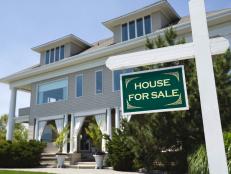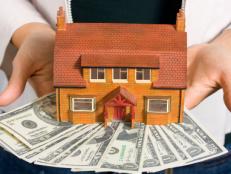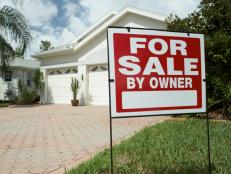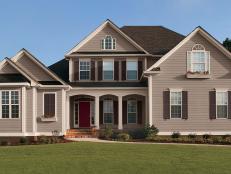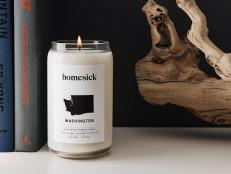Unearth the Facts to Buy a Greener Home
If you’re in the market to buy a house or condo, you’ve probably noticed that many homeowners promote the green benefits of their property, boasting that it’s as energy-efficient as they come.
The truth is often different. The sellers may be touting the house as environmentally friendly because they’ve replaced regular incandescent bulbs with compact fluorescents, but the appliances in the kitchen date to the avocado and harvest gold era of the 1970s.
The Inside
If you plan to buy a single-family home or a condo, be on the lookout for giveaways about the home's green factor.
First, check out the heating and cooling systems. Depending on the climate, a radiant floor heating system that pumps heated water through tubing beneath the floor surface is more efficient than traditional forced hot air or water units.
“Radiant heating allows for more even heating throughout the house,” says Ashley Berg, a Realtor/Certified Ecobroker with BRIO Realty in Virginia. “It also results in cleaner air because there’s less dust moving through the home than with a forced-air system.”
An on-demand water-heating unit is essential since it heats water on an as-needed basis, instead of keeping 40 gallons or more hot around the clock. When it comes to appliances, Energy Star rated refrigerators, washers and dryers, and dishwashers are a must.
Ask if the home has had a recent Home Energy Rating System (HERS) audit. A HERS report will reveal a house’s energy efficiency, where it excels and the places it needs work. If the sellers don’t have a report, ask them to get it done. Utility companies can do HERS audits as well as some home inspectors. Call a Realtor for referrals. If the house scores poorly on the HERS, you can use it as a bargaining chip to negotiate on the price.
Look for homes with passive solar qualities. “South-facing window exposure allows the sun to penetrate a room in winter and provides natural warmth to a home,” says Justin Sullivan, owner of Impact Construction and Consulting in Washington, D.C. “East and west window exposures, while great for daylight, should be smaller to minimize the summer heat.”
The Outside
Examine the materials used to build the home. In general, products that are processed as little as possible are better not only for the environment but for overall health. Many people are sensitive to chemical compounds. Products that contain zero volatile organic compounds, or VOCs, are ideal since they don’t emit gases like traditional building materials. Materials made from recycled materials or salvaged from homes slated for demolition are also good choices.
Location can also help increase the green qualities of a home. Christian Wagley, environmental program manager at Alys Beach, Fla., a green-oriented planned community, suggests that environmentally aware buyers look for a house or condo in a neighborhood where shops, schools and offices are within walking and biking distance. “Many green homes are built in automobile-dependent suburbs where the average home generates 13 auto trips per day, which completely negates any green features built into the home,” he says.
With landscaping, it’s best to focus on native plants that require a minimum of water. According to Sullivan, lush, green lawns can be a huge energy drain on a house. “They require a lot of water and fertilizers, and can seep into local aquifers,” he says.
Jonathan Philips, senior director at Cherokee, a Raleigh, N.C., investment firm that specializes in funding green projects, agrees. When he oversaw the construction of the National Homebuilder Mainstream GreenHome near the company’s offices, Philips planted rows of evergreen trees and shrubs on the northern side of the house as a windbreak and planned open landscaping on the southern side to allow summer breezes to ventilate and cool the home. “We also reduced the lawn to a functional size to reduce water consumption, pesticides and fuel for maintenance,” he said.
The Comfort Zone
With today’s green homes, whether new or renovated, you don’t have to sacrifice luxury to help the environment. “Just because you’re going green doesn’t mean you have to compromise comfort and lifestyle,” says Greg Hartman of FHP Builders in Scottsdale, Ariz. “You can find homes that are as eco-friendly as they are luxurious,” he adds.
At the same time, don’t get carried away. “It’s possible to go too far in the pursuit of green,” says Gregg Steiner, the founder of Green Life Guru, a Los Angeles consulting firm that works with consumers and businesses to help them reduce energy usage and live greener lives.
“If you don't assess your situation wisely, you'll end up spending more money than you should and may even harm the environment. For example, why buy a new bamboo floor to replace an existing hardwood floor if you have to throw away a perfectly good floor?”







